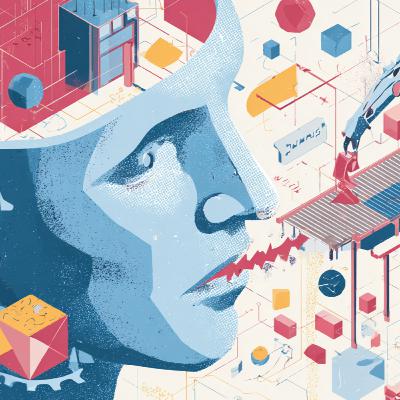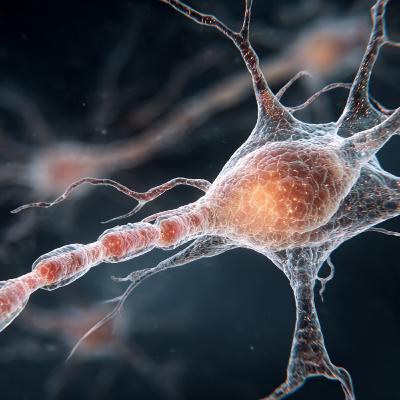The Freudian slip isn't a battle between the 'Id' and 'Superego,' but a measurable failure of the brain's 'quality control' network
Description
In this episode of our podcast, we explore the concept of parapraxis, commonly known as the "Freudian slip". We'll begin with Sigmund Freud's original psychoanalytic theory, which defines these errors not as random accidents, but as meaningful expressions of a repressed unconscious thought or desire. This podcast will look at how this idea fits into his models of the mind, where a "censor"—the Superego—fails to block an "unacceptable" impulse from the Id. Next, the episode contrasts this with the modern cognitive-linguistic explanation. This view reframes the slip as a non-motivated "processing error" that is statistically inevitable due to the sheer complexity of producing speech. Finally, this podcast examines the neuroscientific evidence. We'll discuss how specific brain networks, particularly the supplementary motor area (SMA) and anterior cingulate cortex (ACC), function as a literal "quality control" monitor , replacing Freud's metaphorical censor. We will also touch on the concept's cultural legacy and why it remains popular, even as its scientific basis has been critiqued.
























